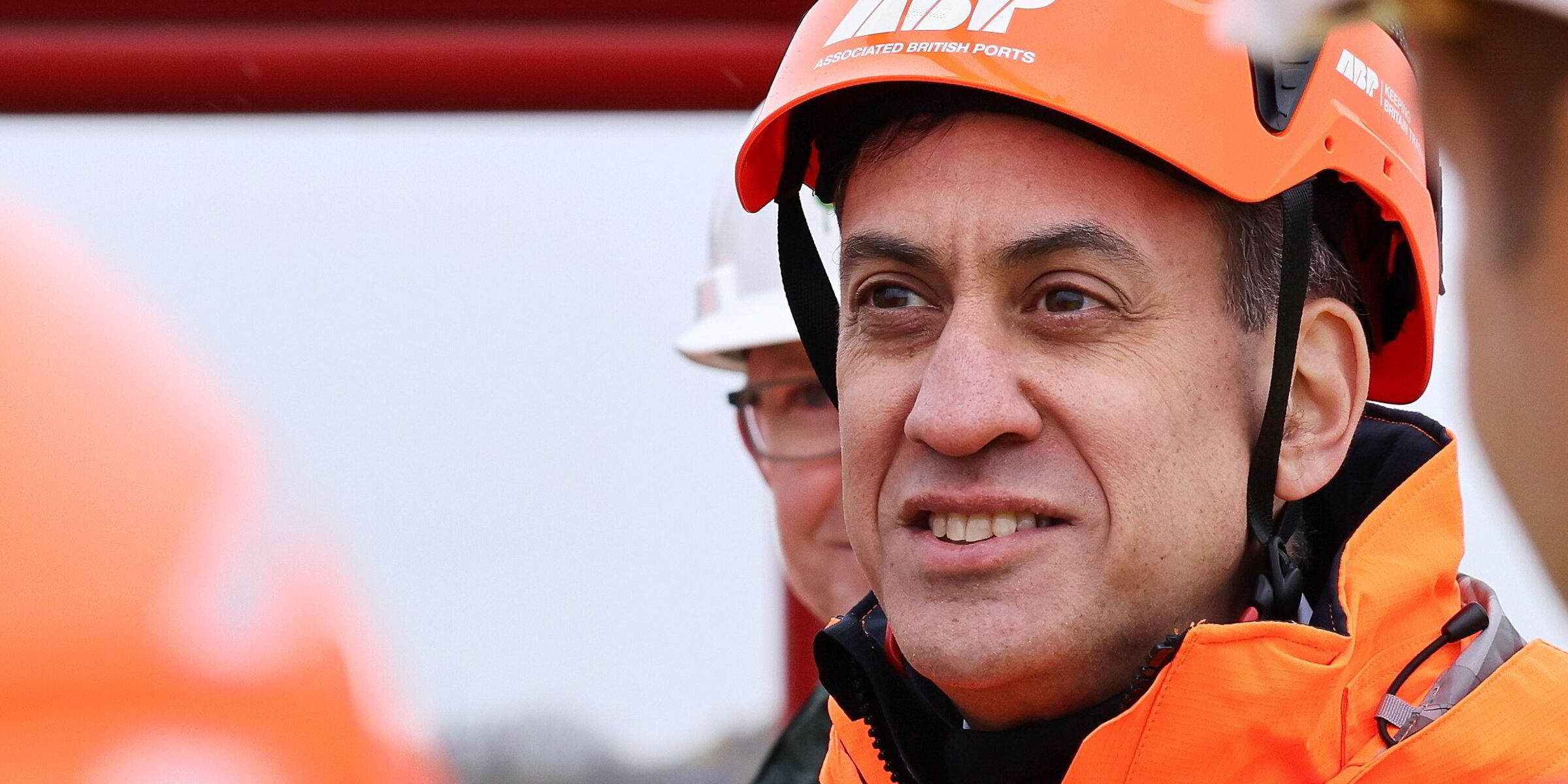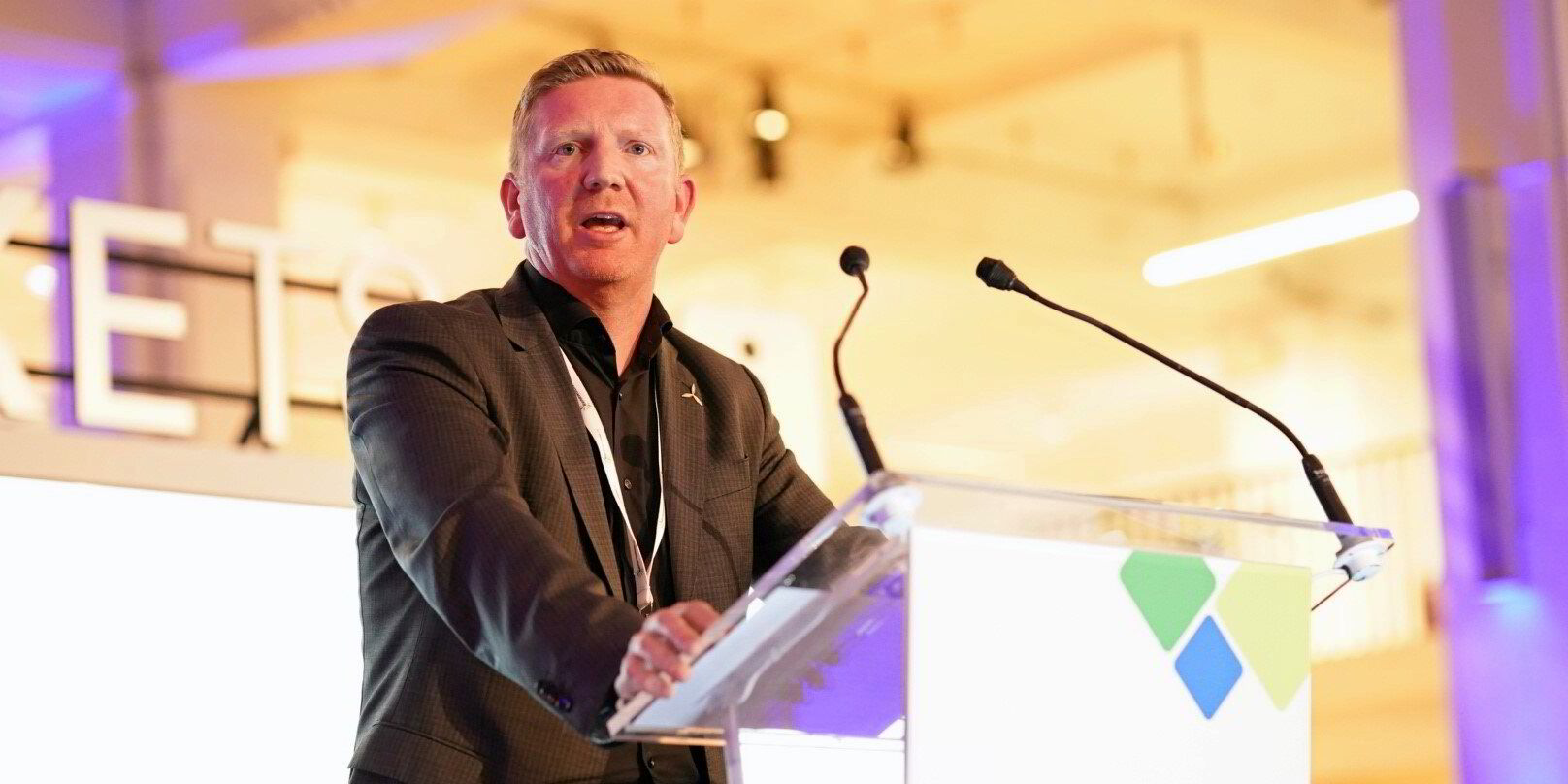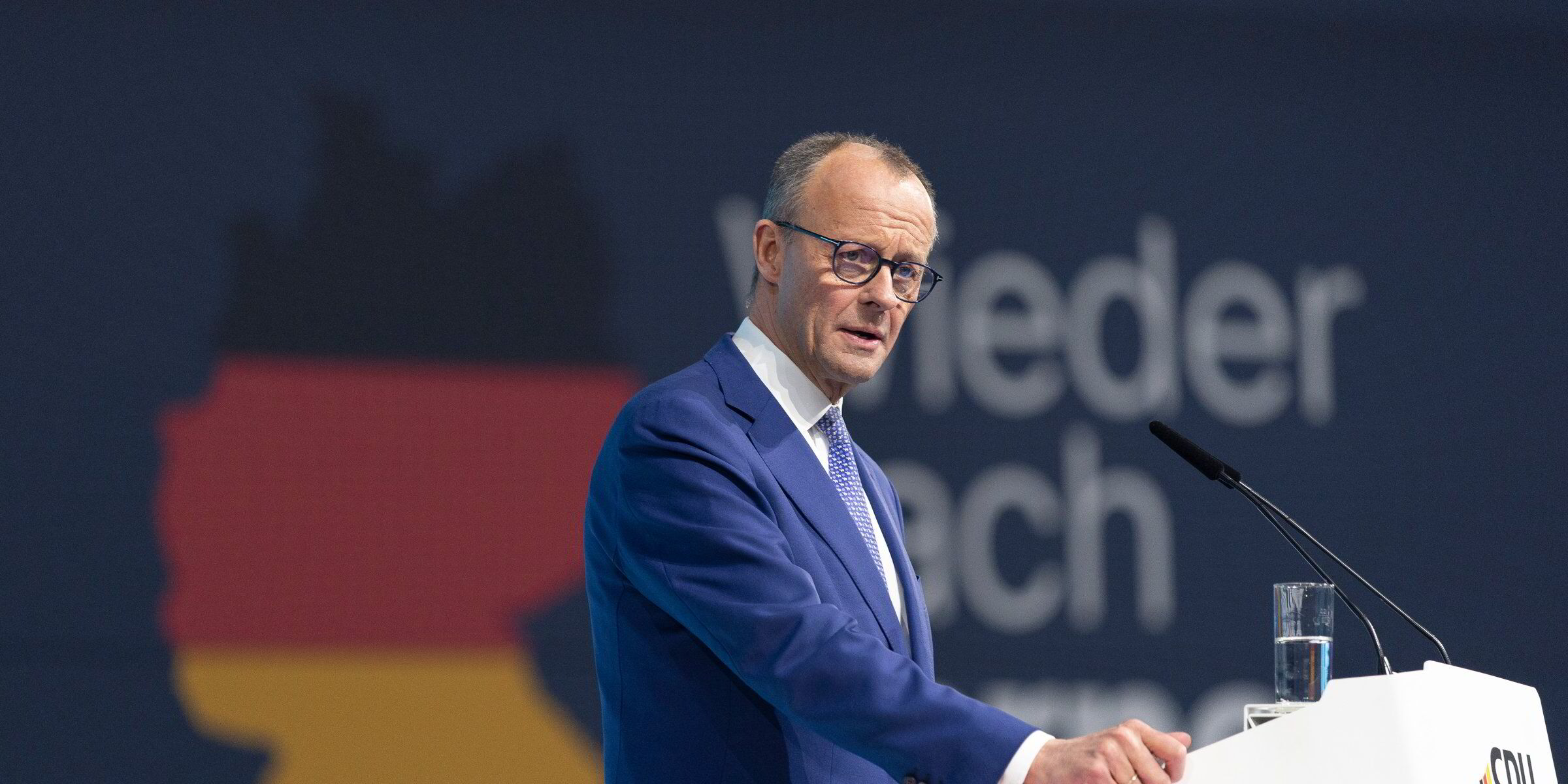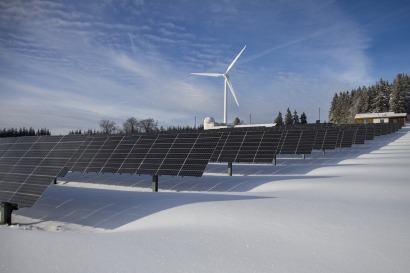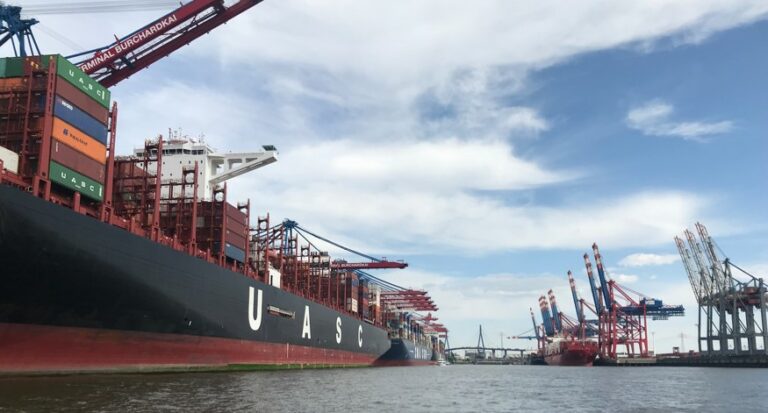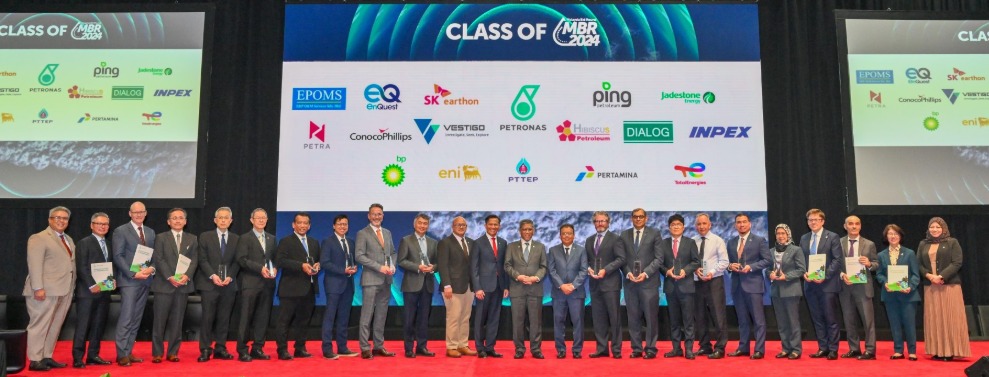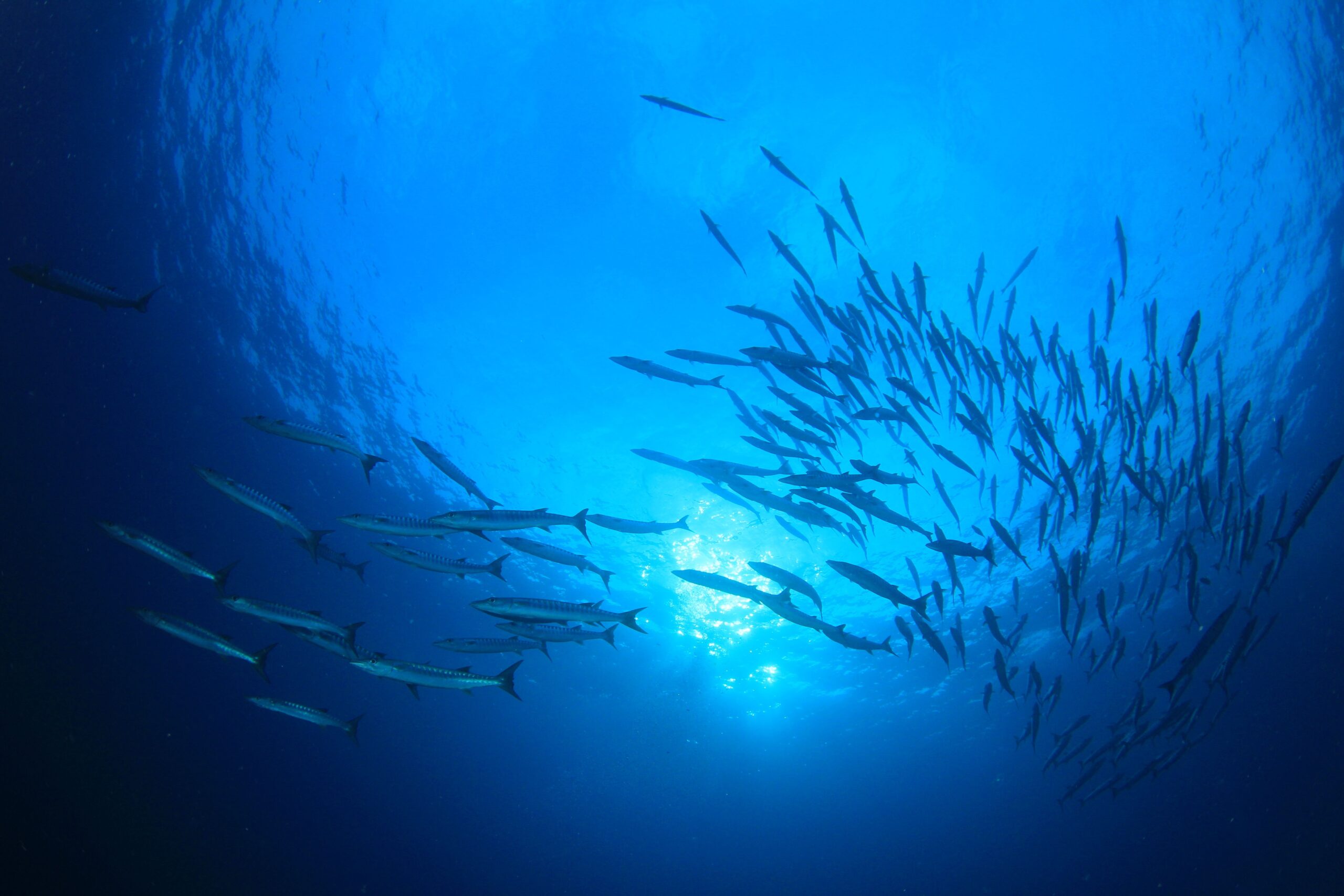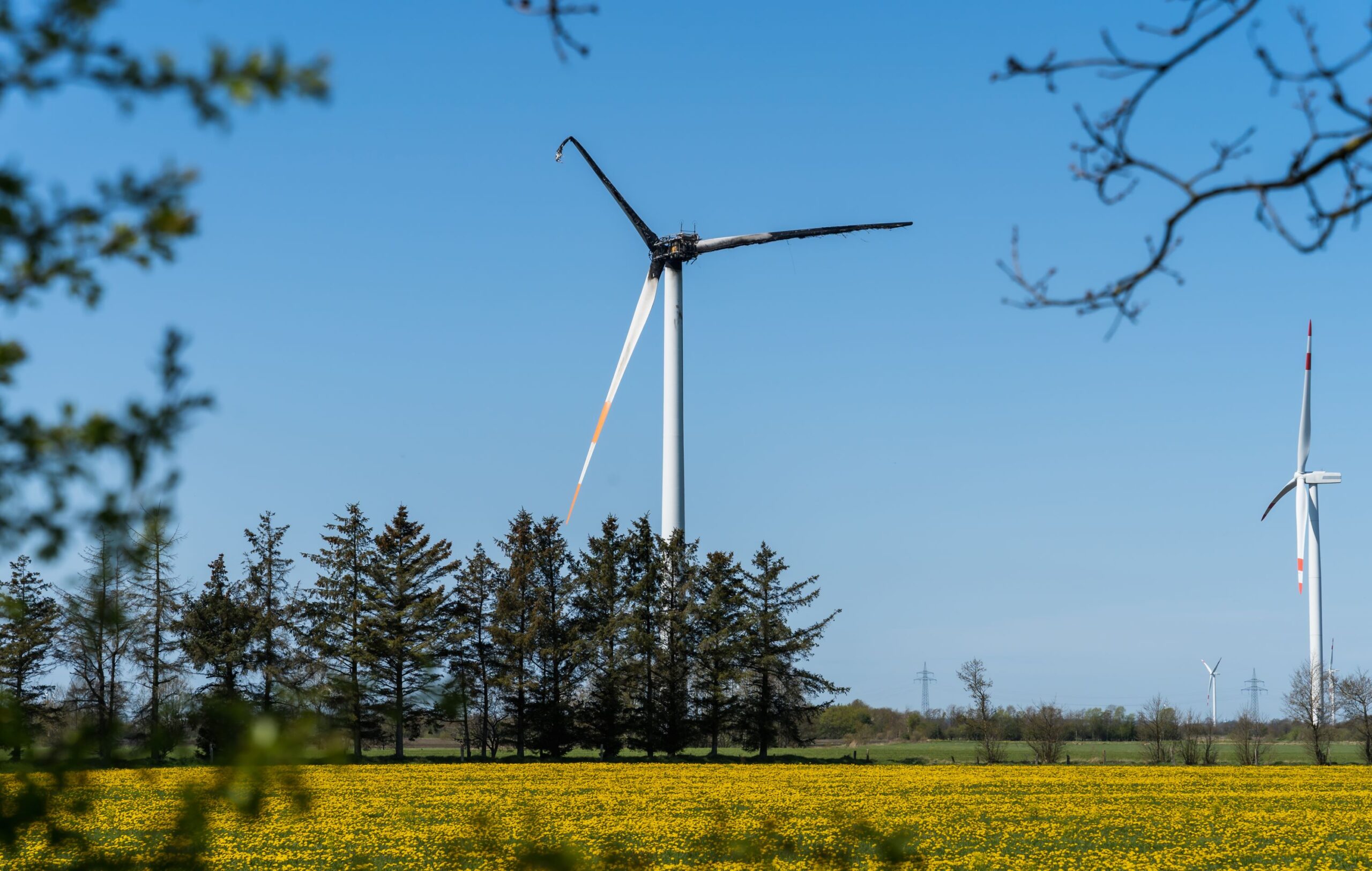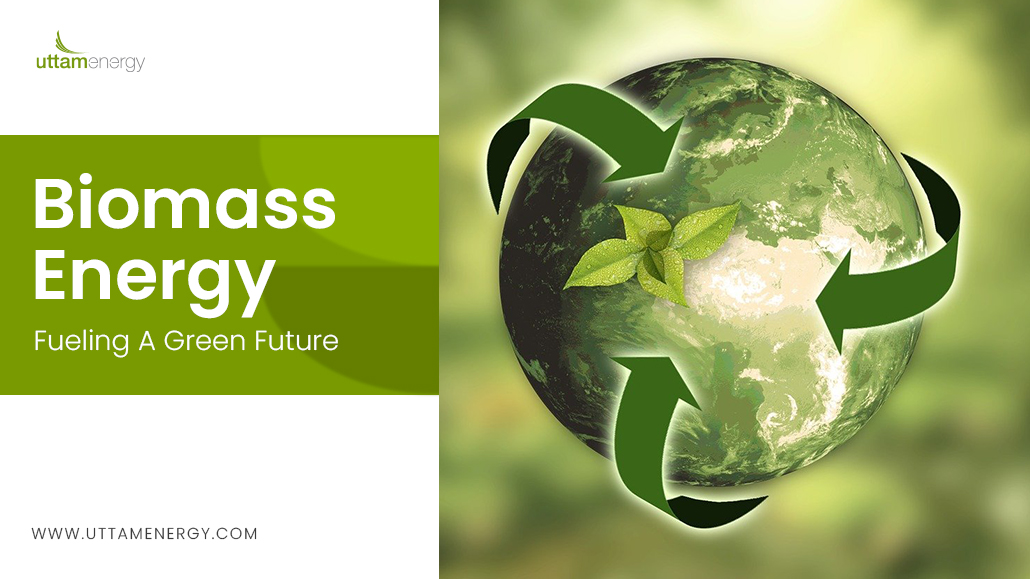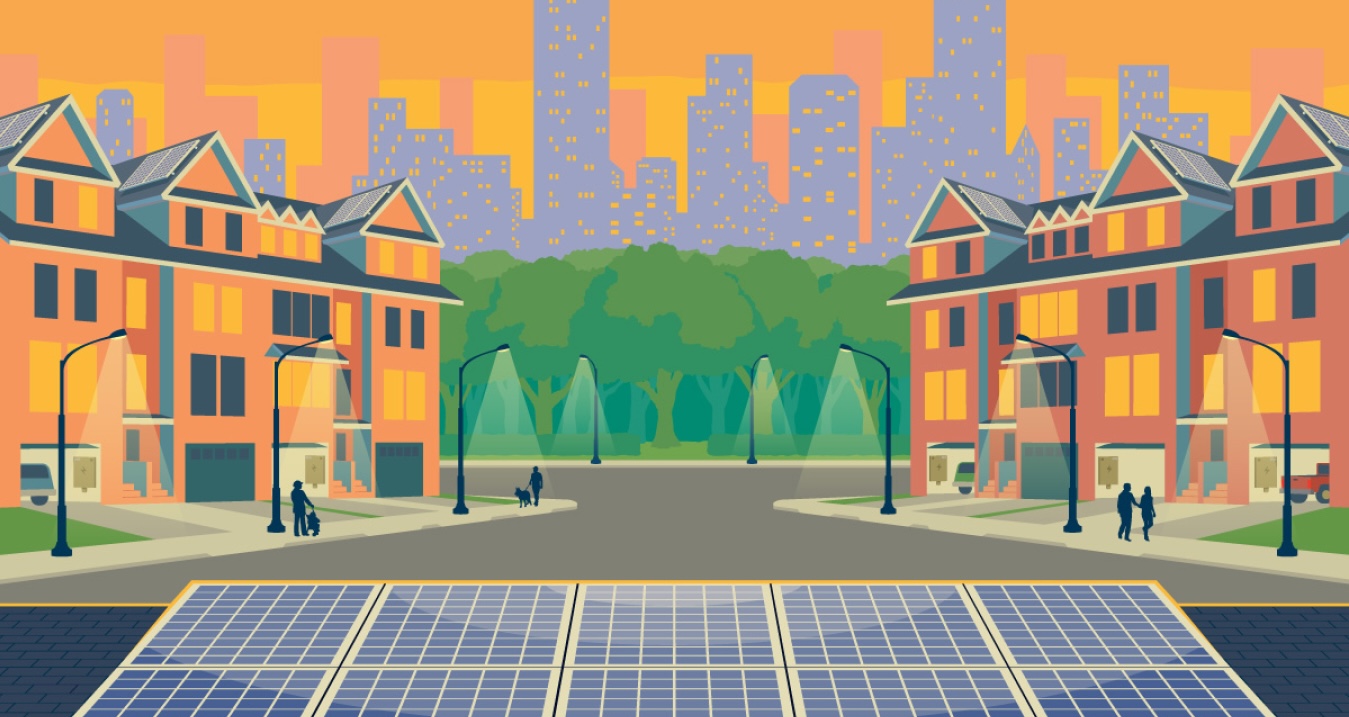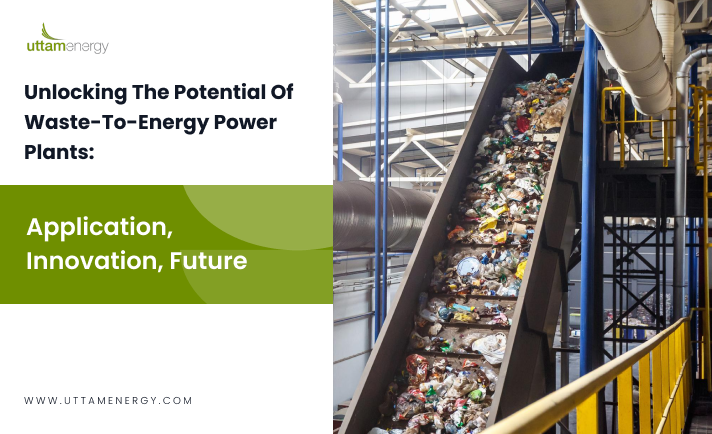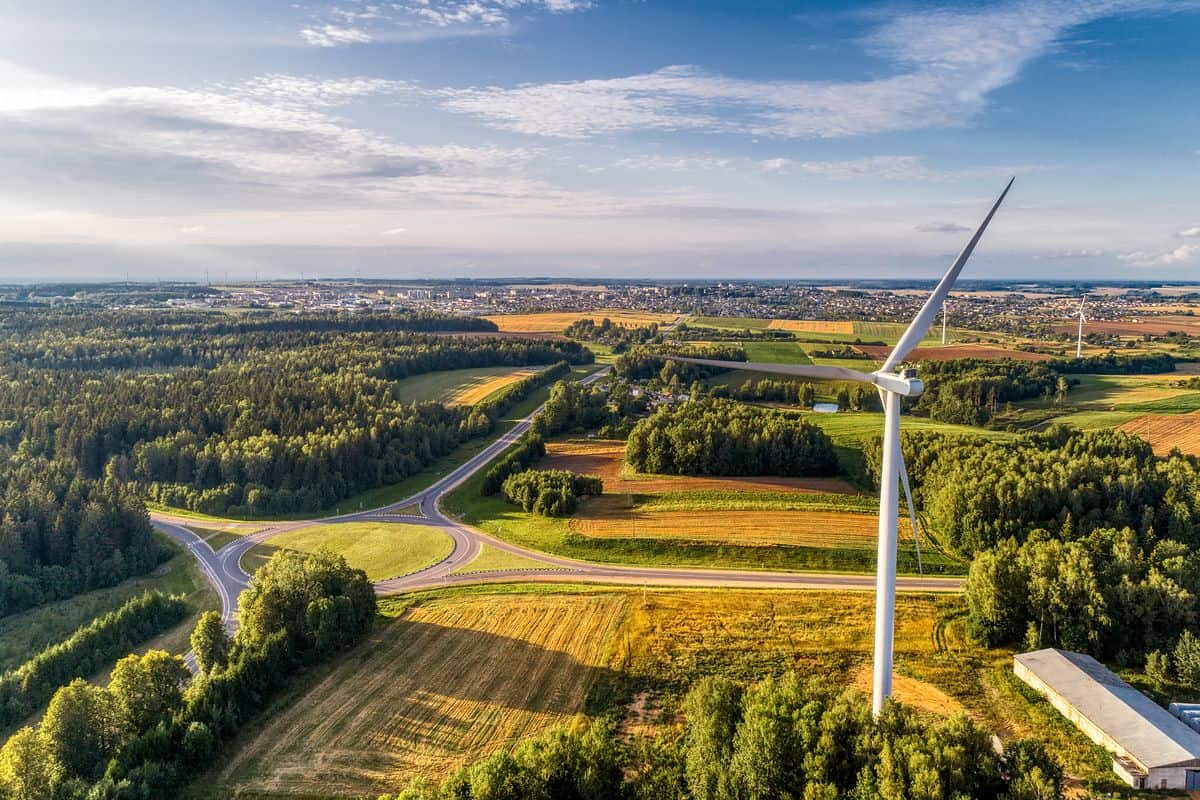Sweden’s LULUCF and EUDR implementation proposals could have a major impact on bioenergy – Svebio
On February 14, 2025, the Swedish Environmental Objectives Committee and the Deforestation Commission presented their respective reports. Both have presented proposals on how Sweden should apply new EU regulations; Land use, Land use change and Forestry (LULUCF), and the Regulation on Deforestation-free Products (Deforestation Regulation – EUDR), which, if implemented, could have a major impact on the bioenergy sector says the Swedish Bioenergy Association (Svebio).

Rarely has a single day been so significant for the Swedish forest industry and by extension the bioenergy sector.
According to the Swedish Bioenergy Association (Svebio), both reports contain proposals that – if implemented – could also have a major impact on bioenergy, Sweden’s largest energy source.
Bioenergy currently accounts for 40 percent of Sweden’s energy use. For the most part, it is residual products from the forest industry that are used to produce, for example, biofuels and district heating. If we reduce the opportunities to use forests sustainably, the availability of biomass for energy and renewable materials will also decrease, said Anna Törner, CEO of Svebio.
Affects thousands of livelihoods
The Swedish forest industry today consists of, among others, 315,000 forest owners, and 140,000 employees in sawmills, pulp mills, and subcontractors along the value chain. Export revenues exceed SEK 180 billion (≈ EUR 16 billion) annually.

Almost 70 percent of Sweden’s land area is forested much of which has been used sustainably for generations, providing predominately rural areas the opportunity to manufacture fossil-free products for construction, furnishings, packaging, hygiene, and renewable energy while generating tax revenues for the state.
A large share of Sweden’s prosperity is based on the forest and its resources. The green carbon atom needs to be used more – not less – to replace fossil products, the so-called substitution effect.
Svebio notes that the Environmental Objectives Committee has disagreed with many of the presented proposals. This is unfortunate for the industry, which needs a long-term perspective emphasizing that Sweden “cannot have a system where forestry and energy policy are changed every term of office.”
When we talk about forestry, we are talking about cycles of 70-90 years. Therefore, it goes without saying that policy should also be characterized by a long-term perspective. We should use the fact that forests are an important carbon sink and some of the Environmental Objectives Committee’s proposals can provide forest owners with financial compensation for voluntary efforts, which is positive, Anna Törner added.
Could impact food- and energy security

Svebio highlights that politicians need to “get better at seeing the big picture and not pursue politics in a vacuum.”
In addition to the fact that forests are an important source of income and crucial for renewable energy production, they also affect Sweden’s food supply.
Around 70 percent of the country’s farmers own forests. If the opportunities for profitable forestry are reduced, the opportunities for food production within the country will also deteriorate.
This Svebio points out, is “completely contrary” to the government’s intentions of improving food security and increasing self-sufficiency.
In addition, Article 3 of the North Atlantic Treaty Organization (NATO), which Sweden is now a member of, stipulates that “all NATO member states must be able to defend themselves and contribute to the collective defense of the Alliance” – ensuring food and energy supplies in the event of a crisis or war are essential components of fulfilling this.
EUDR remains a challenge

The Swedish Deforestation Commission’s report was also released on February 14, 2025, with several proposals on how Sweden should apply the pending EU Regulation on Deforestation-free Products (EUDR), including how origins should be traced, monitoring systems, and sanctions.
Svebio stresses that the basic idea of EUDR – rules to guarantee that global commodity products such as beef, cocoa, soy, rubber, palm oil, wood, coffee, and some of their derived products that EU citizens consume, do not contribute to deforestation or forest degradation – are commendable but uncertainty and bureaucracy surrounding its implementation remain.
For our members, it is a big challenge to adapt to all the new legislation. Within the framework of the EU’s Fit for 55 package alone, there are 10-15 new directives and regulations to deal with. Now comes EUDR. We expect the authorities to coordinate their activities and that permit processes and supervision are simplified, otherwise, the bureaucracy will become overwhelming, said Anna Törner.
For companies in the energy sector such as district heating, this means requirements for traceability of the biomass used. These traceability systems are not yet ready and no one knows what requirements the authorities will place on the companies.
Here, Svebio would like to see a pragmatic application as in Finland and Denmark and avoidance of over-implementation. This would also benefit the authorities who would otherwise be hit by an enormous increase in workload.
What's Your Reaction?







